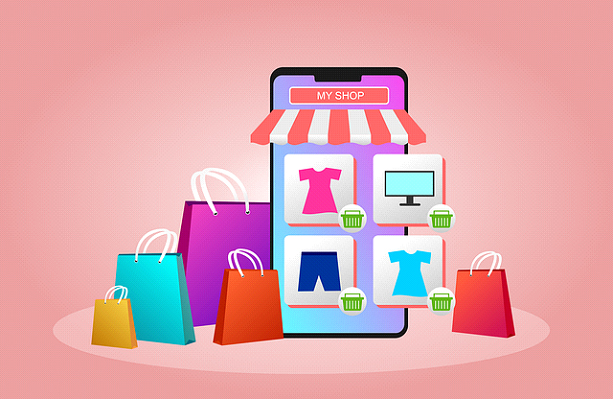ERP eCommerce Integration Checklist
B2Sell, ERP
Posted on October 28, 2021

Points to Check before ERP eCommerce integration
The pandemic has brought up the trend of a large percentage of offline stores to open up their online stores. Hence, there has been a significant boom in the eCommerce industry within the last two years with several existing and new businesses that have opened up in the online marketplace. While all this sounds fun and exciting, handling larger orders can become a tedious job to handle manually. This is where the major need for an integrated system between your ERP system and eCommerce website comes in place. But here are a few points one must consider before hoisting the green flag to integrate your ERP system and eCommerce website.
Managing Data from Different Sources
Data management is key in an eCommerce business, especially when you have data-driven into the system via several sources. A well-organized and disciplined system is inevitable. Always make sure to check for any missing data or data duplication while integrating to avoid any missing orders or unexpected inventory.

Improving The Customer Experience
Satisfied customers form a major part of the success story of every successful business. Keeping that in mind, the integration must be done as carefully as possible so that all the deliverables ordered are available as shown up on the storefront and doesn't go out of stock once the order is placed. Similarly, the inventory and packing services are to be provided with the exact details to avoid any mishandling of the order or products to ensure that the customer gets their order fulfilled. This is to ensure that the customer receives the product they need and to not buy it from a competitor, resulting in better customer retention for the company.
Maintenance value and System Capabilities
Always make sure to check that the systems are working in perfect condition to avoid any unexpected difficulties for customers while placing an order. This can be ensured by selecting the right partner such as B2Sell who can assist you 24x7 with any issue that pops on your system.
Similarly, if you are newly integrating your ERP and eCommerce system., there are chances of technical glitches that lead the system to roll a bit slower than usual, both for the company portal and customer portals. Ensure that these do not affect your customer experience and select the partner accordingly who can assist you with correcting these issues then and there

Troubleshooting Issues
Similarly to the above mentioned, troubleshooting issues and correcting bugs should not require a lot of time as it can severely damage the customer portfolio that you have created so far. Hence always choose eCommerce solution providers that can provide you with the right training for Eep integration and usage, support to tackle any underlying or future difficulties, reporting facilities and last but least a customizable platform.
Keep these points in mind before finalizing your integration partner and let your business flourish!
